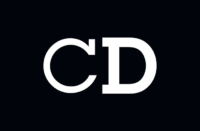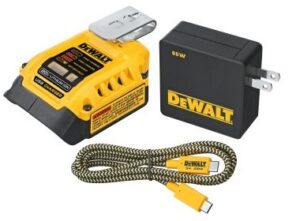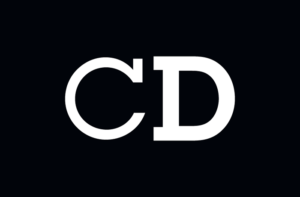
It’s no secret that lithium-ion batteries are great for power tools. They can take hundreds of recharges with greater energy output compared to other rechargeables. This is, in part, how they have earned their reputation for stability and efficiency. However, not all lithium-ion batteries are the same. The Power Tool Institute (PTI) always recommends using only a lithium-ion battery made for that specific tool. They suggest using only the battery of the tool’s manufacturer. There are simply too many unknowns about third-party batteries, some of which can create great danger.
Reputable original equipment manufacturers (OEMs) have their products listed with an independent certification lab such as UL or Canadian Standards Association (CSA) to evaluate products for compliance with internationally accepted safety standards. This listing process is mandatory when using power tools in work environments governed by OSHA. The introduction of a third-party battery to the tool system negates this effort to document performance and safety compliance. This is because they test cordless power tools and their batteries as complete systems.
Testing protocol
This total testing protocol — comprising a dedicated combination of tools, battery, and charger — helps ensure each component part communicates properly with the other in order to monitor and control critical functions. Only the tool manufacturer is able to obtain this “system” certification. Each manufacturer uses its own, proprietary control circuity, which is not available to third-party component suppliers.
Some knock-off batteries have a general battery safety standard listing. However, many are not tested or listed to any safety standard at all. A lithium-ion battery that is not intentionally designed to work properly with a specific tool and charger system can result in poor performance and shorter life, damage to the tool and charger, or, even worse, a battery bursting that may cause a fire or explosion.
For these reasons, PTI and power tool manufacturers recommend that only you only use OEM lithium-ion batteries.
For more information on safe use of lithium-ion batteries, visit www.powertoolinstitute.com/pti-pages/battery-safety.asp.
About PTI
With the vision to unify and educate others about power tools, since its founding in 1968, the Power Tool Institute (PTI) has established itself as the leading organization for building global understanding of power tools and for maintaining high standards of safety in the industry. Its members represent market-leading brands in the areas of portable and stationary power tools. PTI’s members commit themselves to improving the industry and to being a premier resource for power tool education. For more information, contact PTI 216-241-7333 or [email protected]. On the Web: www.PowerToolInstitute.com and www.TakeChargeOfYourBattery.com.













